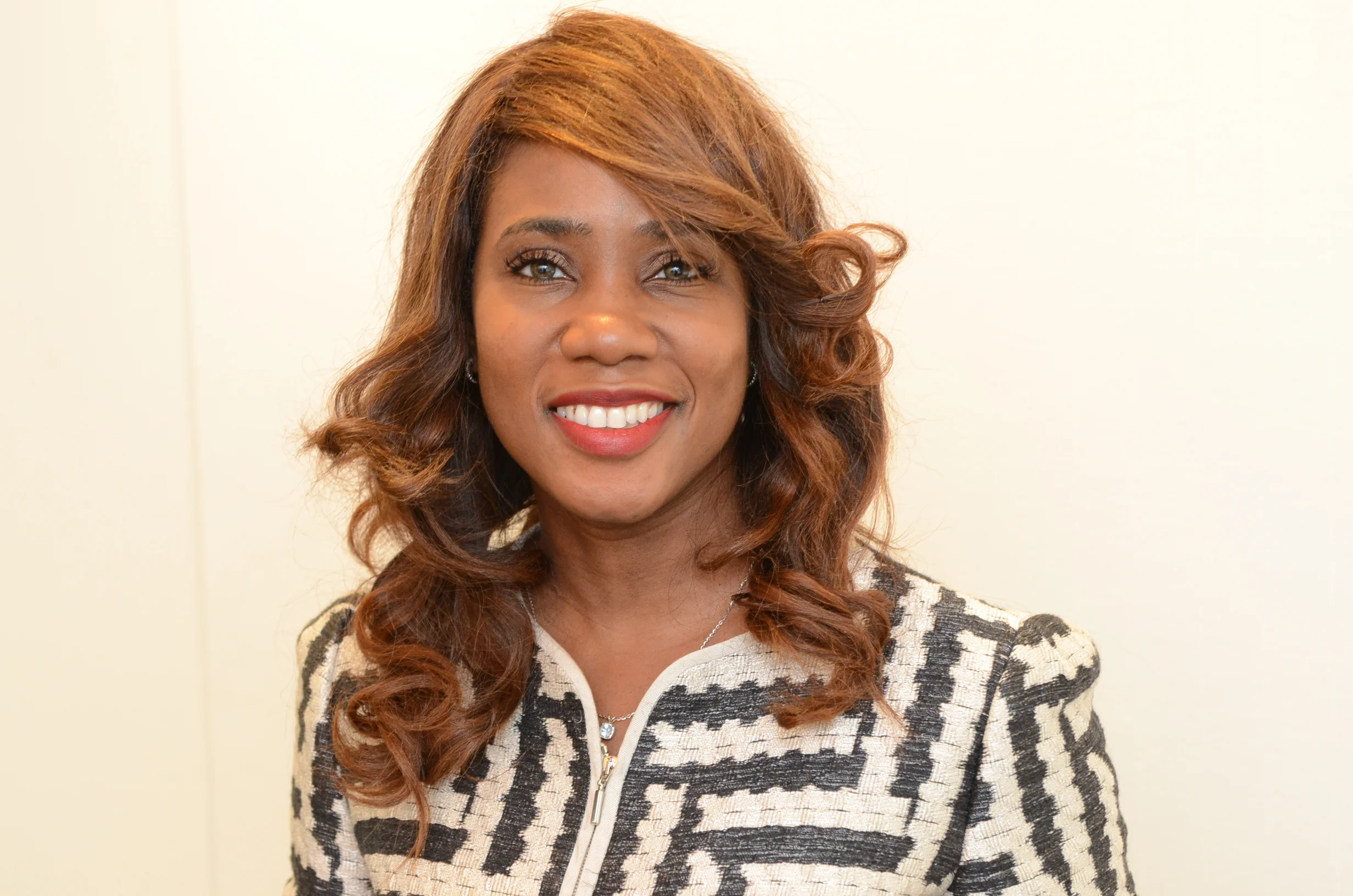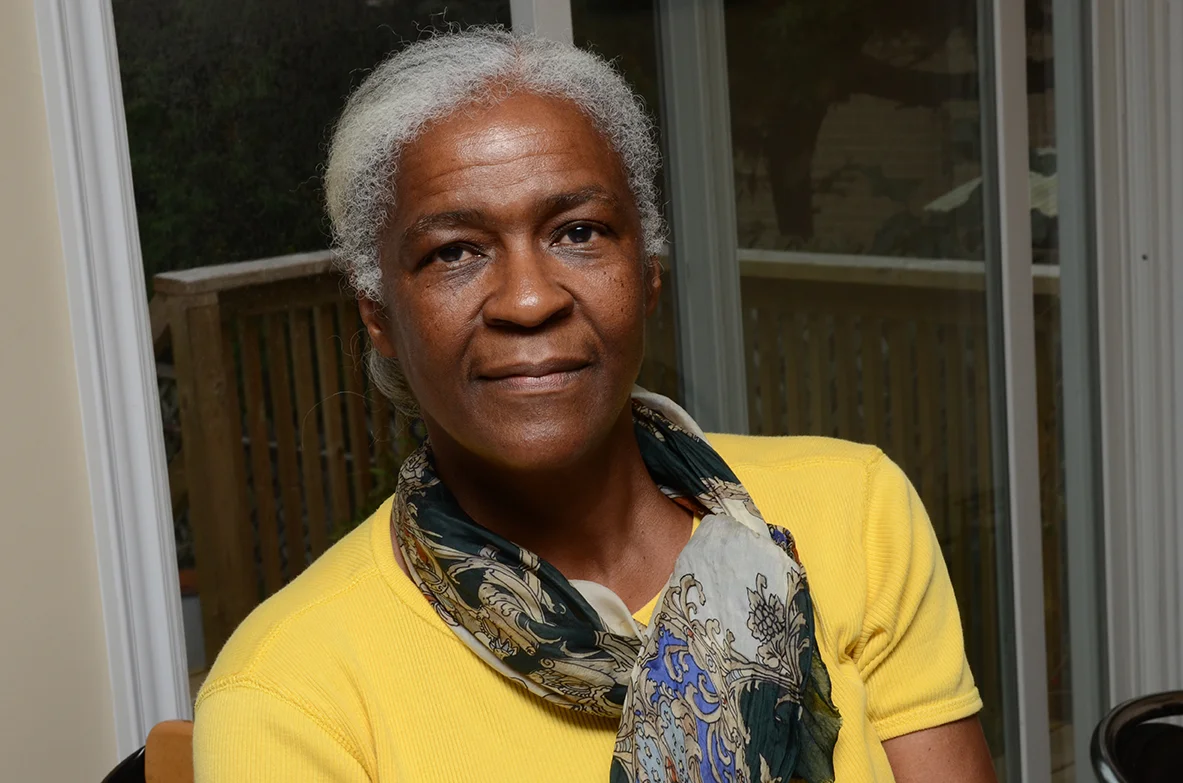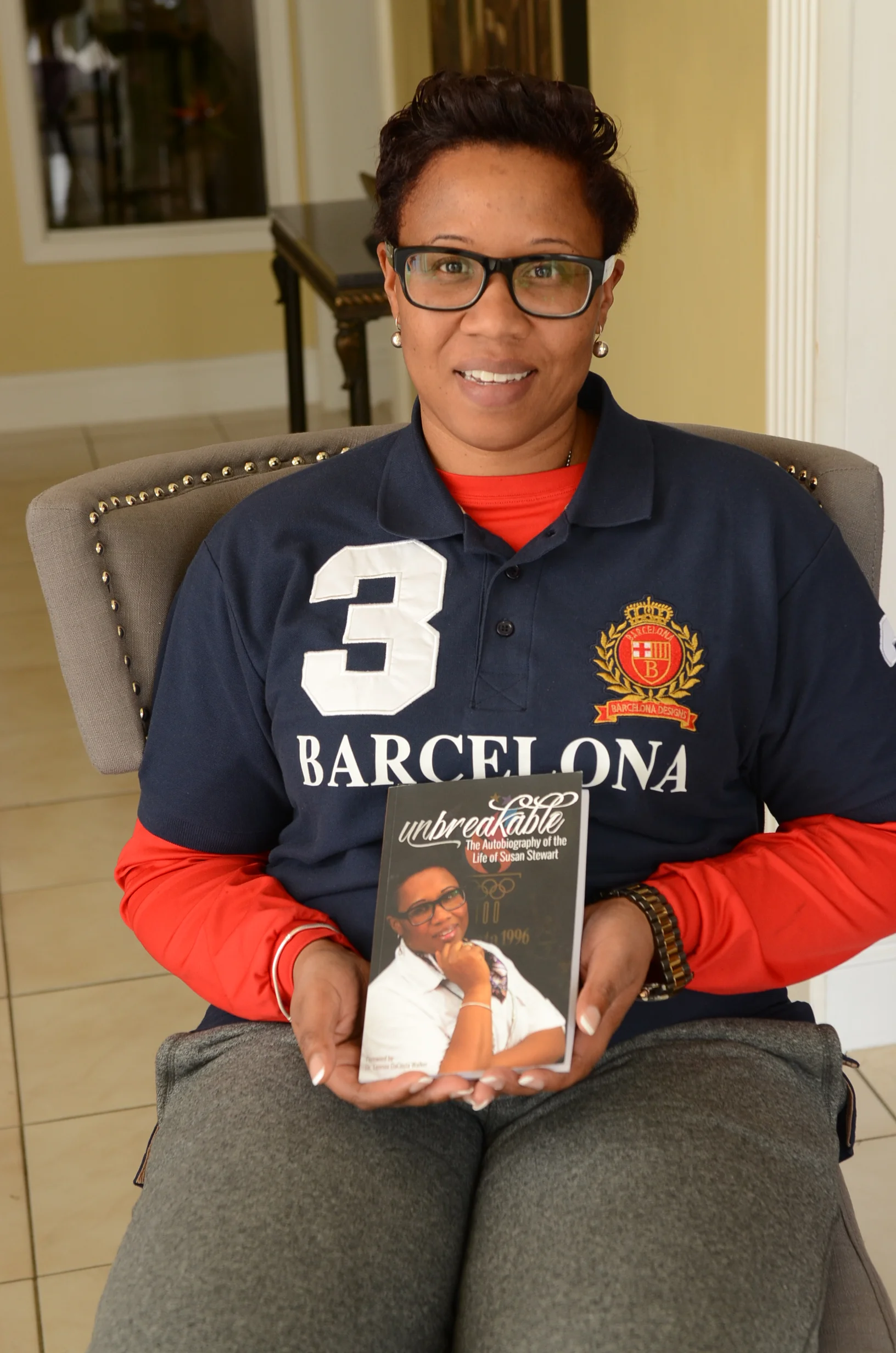Africa’s mining industry ripe for investment, says lawyer
Developing a practice in mining law is very challenging, not least because of the industry’s cyclical nature.
Avril Cole, a partner in GowlingWLG’s Toronto office and a mining and corporate finance lawyer, is making a significant contribution in this branch of the legal profession.
“Mining law is something I fell into,” she said. “It has long been recognized that there are three primary ways to create value in society. You either mine or pump it out of the ground, grow it in the case of agriculture or you use ingenuity and engineering to transform the resources pumped, mined or grown into marketable goods. It can be very rewarding to see a mining project move from concept and exploration all the way through to production. There are few times in my career when I have been part of that and you feel like you have helped your clients achieve something tangible.”
Joining GowlingWLG in January 2015 after serving as an associate at Macleod Dixon LLP for five years and a senior associate at Norton Rose Fulbright Canada LLP for three years, Cole has an extensive network of mining industry contacts that span the globe, particularly in Africa.
She is the co-lead on GowlingWLG’s busy Africa desk.
“Our responsibility is to help grow our business in the region,” said Cole. “It is a region where GowlingWLG would like to see significant revenue growth over the next few years. African economies are growing at a much faster rate than those in the developed world, yet almost all industry sectors in Africa are still under-serviced by the legal industry.”
GowlingWLG, a merger of Gowlings -- a venerable Canadian law firm -- and Wragge Lawrence Graham which is a UK-based international firm, have a long and successful track record of advising on transactions in the mining, oil and gas, energy and infrastructure sectors in Africa and overseeing complex and high value work across the continent.
Last month, GowlingWLG hosted its first ministerial roundtable on mining chaired by Ontario’s Minister of Northern Development and Mines Michael Gravelle. This session provided an opportunity for ministers responsible for mining in several countries on the African continent to exchange ideas with each other and with their Ontario counterparts.
“This was an opportunity for us to facilitate high-level thought leadership involving senior government leaders” Cole, the roundtable’s co-moderator, pointed out. “Ministers responsible for mining from South Africa, Kenya, Rwanda, Sudan and Sierra Leone participated and what was perhaps most striking for me was how much Canada has to learn from Africa. It wasn’t just Africans coming to Canada to learn about how Canada manages its mining industry.”
Despite the fact that the state of Africa’s mining industry reflects the state of the global industry which is in an extended downturn, Cole said now is the time for mining companies looking to get into Africa for the first time to make their move.
“The industry on the African continent has been plagued and continues to be plagued by a number of challenges,” she said. “There is the tug-of-war between host governments and the industry over the economic pie, regulatory uncertainties and labour relations in some jurisdictions, particularly South Africa which has suffered dramatically from labour disruptions in the platinum sector over the last two years or so.
“There has been similar industrial action in a few other jurisdictions in Africa. The issue of community expectations, stakeholder opposition and infrastructure challenges are all there. At the end of the day, however, you have to go back to the geology and Africa cannot be ignored by the mining industry simply because it is so prospective. Now is a good time to invest because the issues that the industry is facing are so readily apparent to governments who are increasingly more willing to re-negotiate more favourable fiscal terms for the industry.”
While still a predominantly male-dominated industry, Cole said there have been positive steps to help women integrate into the mining industry and get them into executive roles.
South Africa outranks everyone else when it comes to gender diversity in executive management in the mining industry.
“Women make up something like 22% of the executive management of South Africa’s mining companies compared to Canada with around 14.9 per cent,” she noted. “If you look at any number of studies on the participation of women in executive positions, companies with more women board members, on average, outperform those with fewer women with respect to return on investment and return on invested capital. So I think it’s in the mining industry’s best interest to try and encourage more women to try and reach for the glass ceiling.”
Despite a very hectic schedule, Cole still finds time to volunteer with Emergency, a medical non-governmental organization -- that provides free medical treatment to victims of war and poverty across the globe. They operate in Afghanistan, Sierra Leone, Iraq, Cambodia and Sri Lanka.
Cole has served as a liaison between Emergency and the government in her native Sierra Leone where the medical charity was on the frontline of the recent Ebola crisis while managing a surgical and trauma care center which treats hundreds of the most vulnerable daily.
Six years ago, Emergency -- founded by Italian war surgeon Dr. Gino Strada -- launched the Salam Centre for Cardiac Surgery in Khartoum, Sudan which has been recognized as a center of excellence for paediatric cardiac care.
“It was set up to address the needs of children whose hearts have been damaged by rheumatic fever because of a lack of antibiotics across the African continent,” said Cole. “Patients and their families from all across Africa are flown in free of cost and the families are given free accommodation while their loved ones are at the centre getting the care they need. Emergency is looking to set up nine similar centres of excellence in other medical disciplines in difficult parts of the globe. What attracted me to them is their philosophy of establishing high standards of medical care and facilities in poor and war-torn countries and supporting capacity building in the countries in which they are operating.”






